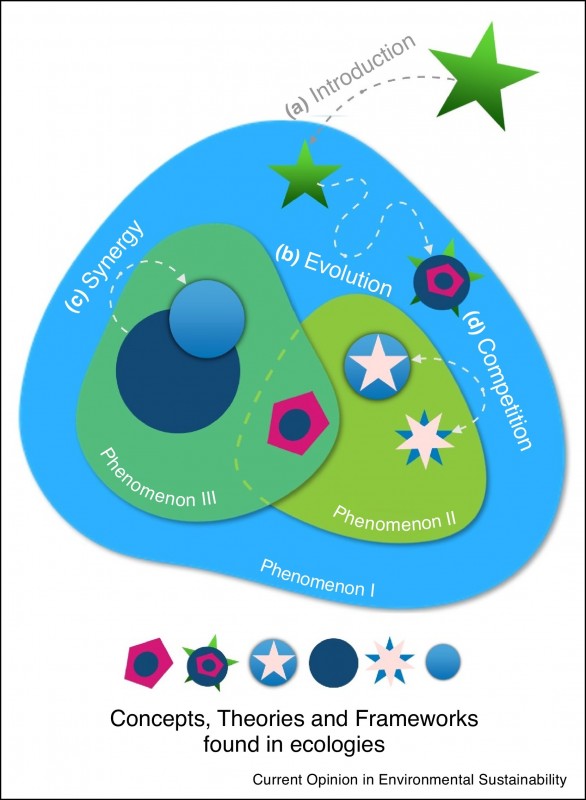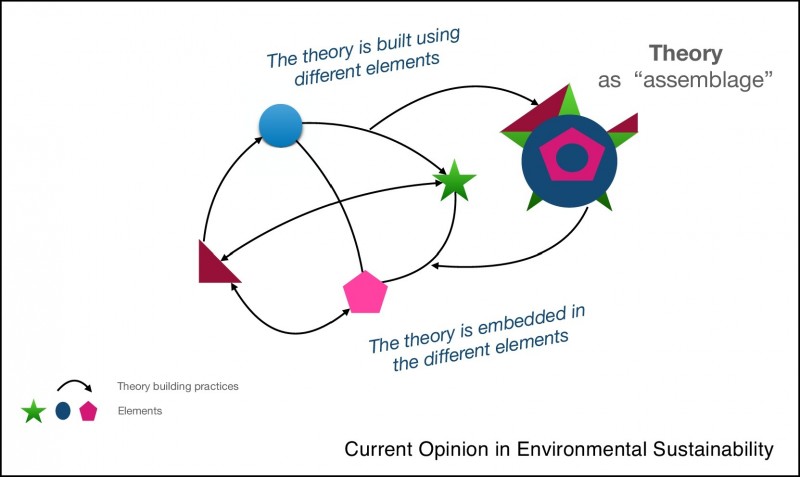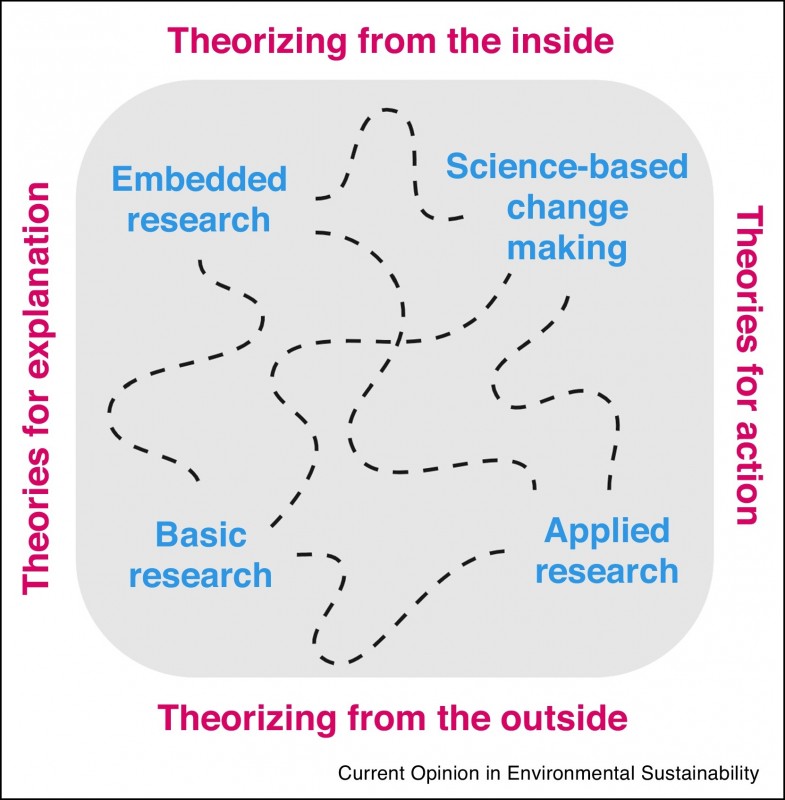News Details

Why care about theory in sustainability science? If we want to contribute to sustainability transformations, why should we spend time theorizing? What does this help us with?
The field of sustainability abounds with new frameworks and concepts. Therefore, it is important to be clear on why and how sustainability scholars theorize. In their new paper in Current Opinion in Environmental Sustainability, Maja Schlüter, Guido Caniglia, Kirill Orach, Örjan Bodin, Nicolas Magliocca, Patrick Meyfroidt, Belinda Reyers "highlight the diversity of ways in which theories, as assemblages of different elements that can serve a variety of purposes, can emerge within inter-disciplinary and trans-disciplinary processes."
Theorizing in sustainability science is a process of assembling many elements, from models and concepts to values and meanings. This process is often situated in collaboration and is supported by mutual learning.

Theorizing can have different purposes: explanation and action (such as #ClimateActionNow) and can take take place from within the systems we investigate or from without. Four modes emerge that are constantly interwoven in practice, like a spaghetti bowl. And finally, theories are never end-points because they evolve with a shape the way we do science and we see the world. They become part of an ecology: a set of theories used to understand, explain, and take action.



